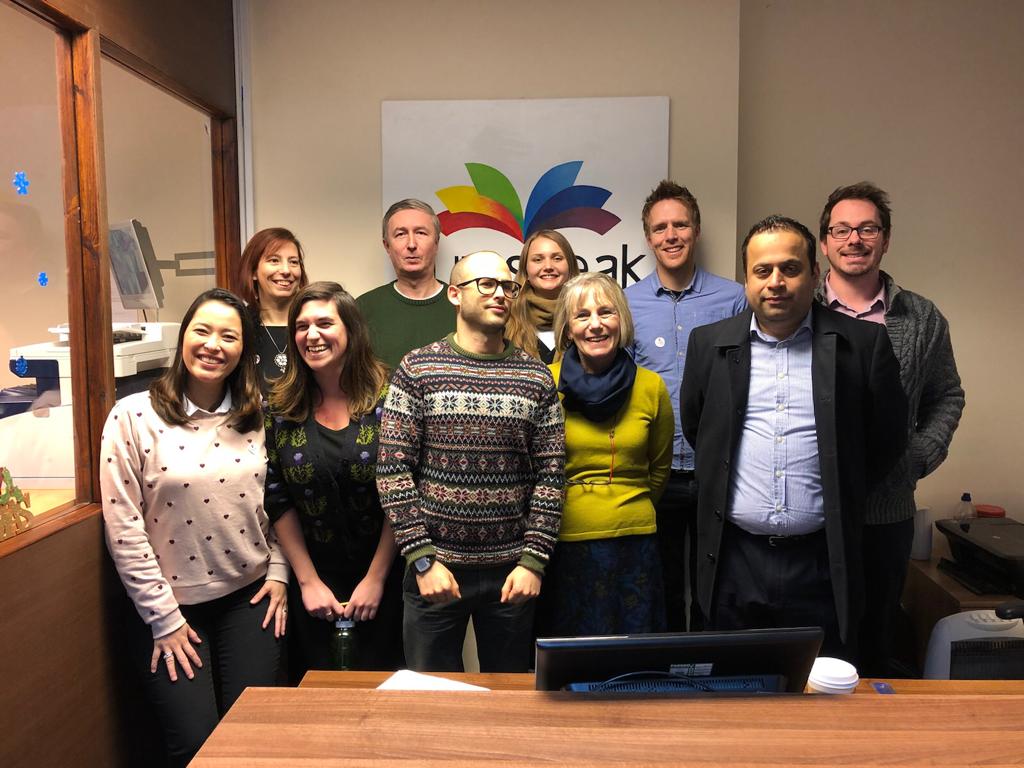Let’s face it. EU citizens have it rough. Unemployment has been compounded over the last twelve months with the COVID-19 pandemic. Whilst some jobs have remained unaffected and continued as normal, others have had to change. Many employees have to work from home or have been furloughed. Worse still, many thousands of people in the European workforce have found themselves unemployed or unable to gain employment due to the lack of opportunities available to them This is likely to continue in the short term.
Meanwhile, the ability to effectively communicate at work is one of the 21st Century Skills demanded by employees. Feeling confident and competent in a foreign language plays a vital role in enhancing employability and upward mobility of not only an employee, but also the success of a company. The English language is widely used by businesses and organisations around the globe. It is also the official operating language of many companies trading globally.
Thus, if you have these linguistic skills, you have a great advantage in boosting your employability. But what if you don’t? How are you going to learn?
The problem is much of the training for these specific skills is often the preserve of in-company English classes. In other words, for those already employed! The English that is taught in many language institutes and schools is commonly referred to as ‘general’ English. This general English focuses on what is perceived as common usage aspect of the language forgetting that the English used in business is ‘international’ and business related. There is little focus on business language or skills usually required by businesses. The learning of a business English tends to be restricted to the middle and upper management personnel in employment. In other words, the unemployed have little or no access to this education. For the unemployed student seeking business and work English the cost of accessing one of the few specialised courses could be prohibitive. The priority of tackling gaps and mismatches which requires employees to expend an inordinate amount of time on not only settling into their new work environment but also learn English associated with their work environment.
So, what is the solution?
A new, 2-year, EU-funded project called PESE (Professional English Skills for Employability Across the EU) has conducted research into the current English language needs of European employers. Initial results show that that skills such as public speaking and effective communication, giving effective presentations, reading skills, holding meetings, writing professional correspondence, handling telephone calls and virtual conferencing, listening skills and cultural awareness are sought-after skills by all employees.
With this results The PESE project designers are devising a free, training program tailored not only to the needs of the prospective employee but also to the requirements of business today. The project is led by a driven group of language specialists with experience in business and workplace education. Together with the research carried out among businesses and language teachers, the project designers are producing a practical e-course to help learners acquire the knowledge needed for today's onsite and virtual workplace where they will need to use English. The program also seeks to highlight the benefit of the so-called soft skills such rapport-building, socializing and small talk, summarising, back-channelling and body language that that are also overlooked in many Business language courses.
Finally, the PESE project will produce a curriculum which can be freely used by other educators to use in their work with unemployed learners of English.
The project members who all have a solid background in adult education, business language training and language coaching, believe the project will provide unemployed learners with the opportunity of acquiring the practical element of English language that is normally only really available once they are employed or available to a limited extent on MBA programs.
By focusing language learning towards practical business-specific requirements and by building on a candidate's knowledge of the English language used in work and business, the project designers hope to increase the employability of potential learners across the EU in these challenging times.
For more information visit http://pese-erasmus.site/
